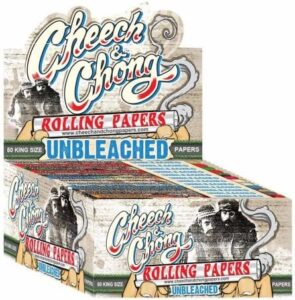While busting cartels, DEA continues war on science and suffering patients. Duane Boise, CEO of MMJ International Holdings, expressed frustration over the contrasting approaches of federal agencies, stating, “While the FDA is facilitating medical innovation, the DEA’s hindrance not only blocks scientific progress but also contradicts directives aimed at revitalizing domestic manufacturing.” This situation starkly contrasts with the “Buy American” initiative endorsed by President Trump, which was intended to strengthen U.S. drug production capabilities and reduce dependence on foreign manufacturers.
WASHINGTON, DC / ACCESS Newswire / July 13, 2025 / In a historic move, the Drug Enforcement Administration (DEA), alongside California officials, seized over $123 million in illegal cannabis in California’s Central Valley. Touted as the largest cannabis eradication operation in state history, this multi-agency sweep destroyed 105,700 illegal plants and over 22,000 pounds of processed product-dealing a powerful blow to criminal diversion networks.
But while the DEA proudly parades its enforcement success, it continues to obstruct a very different kind of cannabis operation-one backed by the FDA, supported by Congress, and desperately needed by patients.
Why is the DEA targeting drug cartels, while simultaneously blocking science and medical progress?
The DEA Operation: A Win Against Illicit Growers
During the week of May 5, a coordinated task force involving the DEA, California National Guard, state and local law enforcement, and the Department of Fish and Wildlife executed dozens of warrants across Kern, Tulare, and Kings counties. Nine firearms were seized and multiple individuals arrested.
“This operation demonstrates the power of collaboration to dismantle criminal enterprises,” said California officials.
DEA’s Double Standard: Criminal Cartels Get Raided-Pharmaceutical Innovation Gets Sabotaged
Despite this public victory, the DEA’s track record tells a darker story:
It targets illegal grows tainted with pesticides and mold
But blocks companies like MMJ BioPharma Cultivation, which holds:
-
FDA Investigational New Drug (IND) approvals
-
Orphan Drug Designation for Huntington’s Disease
-
A facility that passed DEA security inspections
Yet the agency continues to deny MMJ a bulk manufacturing license after nearly seven years of delay-citing retroactive “Catch-22” policies and hiding behind a broken administrative law system.





![Byrna SD [Self Defense] Kinetic Launcher Ultimate Bundle - Non Lethal Kinetic Projectile Launcher, Home & Personal Defense | Proudly Assembled in The USA](https://s3.us-west-2.amazonaws.com/media.tokethemost.com/wp-content/uploads/2025/12/14052641/81wu-phEIPL._AC_SL1500_-300x300.jpg)